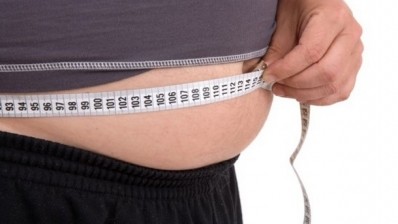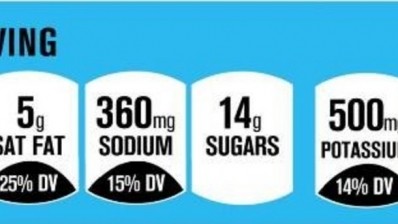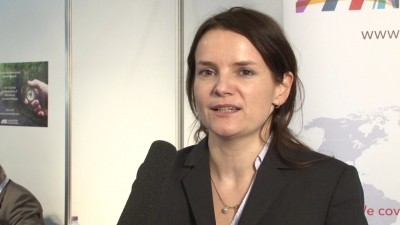Small changes are the way to go (and that’s not an industry cop out!): Obesity expert

Speaking at the International Sweeteners Association (ISA) Conference in Brussels, Professor James Hill obesity expert and professor of paediatrics and medicine at the University of Colorado, said small changes and a holistic approach were the key to sustained weight management.
“Set the table for bigger change”
Back in 2003 Professor Hill led research into whether reducing dietary intake by just 100 calories a day - representing 5% of a woman’s daily reference intake and 4% for men - could make a meaningful difference to weight control.
He admitted that “small changes produce small results” but that often it was about ensuring people did not put on weight, as opposed to helping them lose it.
He said that “stealth changes”, giving sweetener replacement as an example, as well as conscious changes could be worth considering since people will always want to eat some sweet things.
“I think we’re doing consumers a disservice by telling them they can’t get sweet taste and low calories,” he said. Adding: “Theoretically it’s great to imagine everyone drinking water.”
He said he was currently working on research exploring the role of sweeteners in weight loss, which was due for release at the end of May.
Small changes = small industry effort?
Professor Hill said this approach did not necessarily mean the industry was off the hook for calorie-reduction initiatives like reformulation and smaller portion sizes.
“I don’t think it’s a cop out at all. I think it’s a challenge for us to really help people, to give them the kind of practical advice that can give them this holistic approach. And I think we have to start where they are right now, not where we wish they were and if we can get them to move towards this in small steps then I would be happy with that.”
He said that every element was needed to tackle global obesity and that the food industry should be part of that dialogue and process. “I think we have to ask the industry to reformulate. I think we need their best thinkers. I think we need innovation. I think we need them to make the hard decisions,” he said.
“Maybe they do have to do things with portion size, or they may have to reduce energy density. We need them in the game and not every decision is going to be easy. They’re going to have to take on some hard decisions as well,” he added.
“Eat smarter, move more”
He said a holistic approach should be taken, working in manageable diet changes as well as psychical activity. “‘Eat less and move more’ is exactly the wrong message. I would change that to ‘eat smarter and move more’,” he said.
Hill said: “I actually think a holistic approach is what people want. I think if we present it to them in the right way. They want balance in their life. They know they have to eat well but they also need to be active."
























